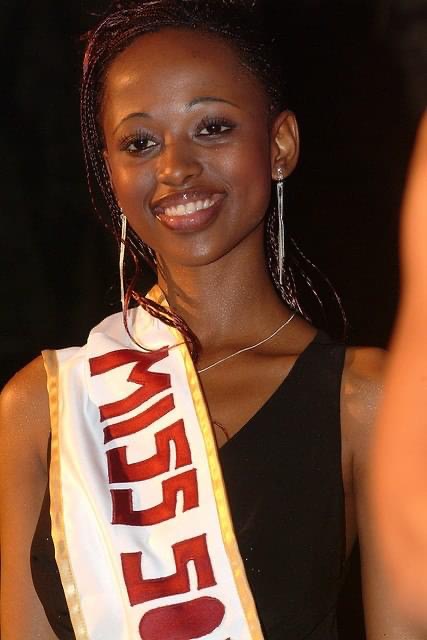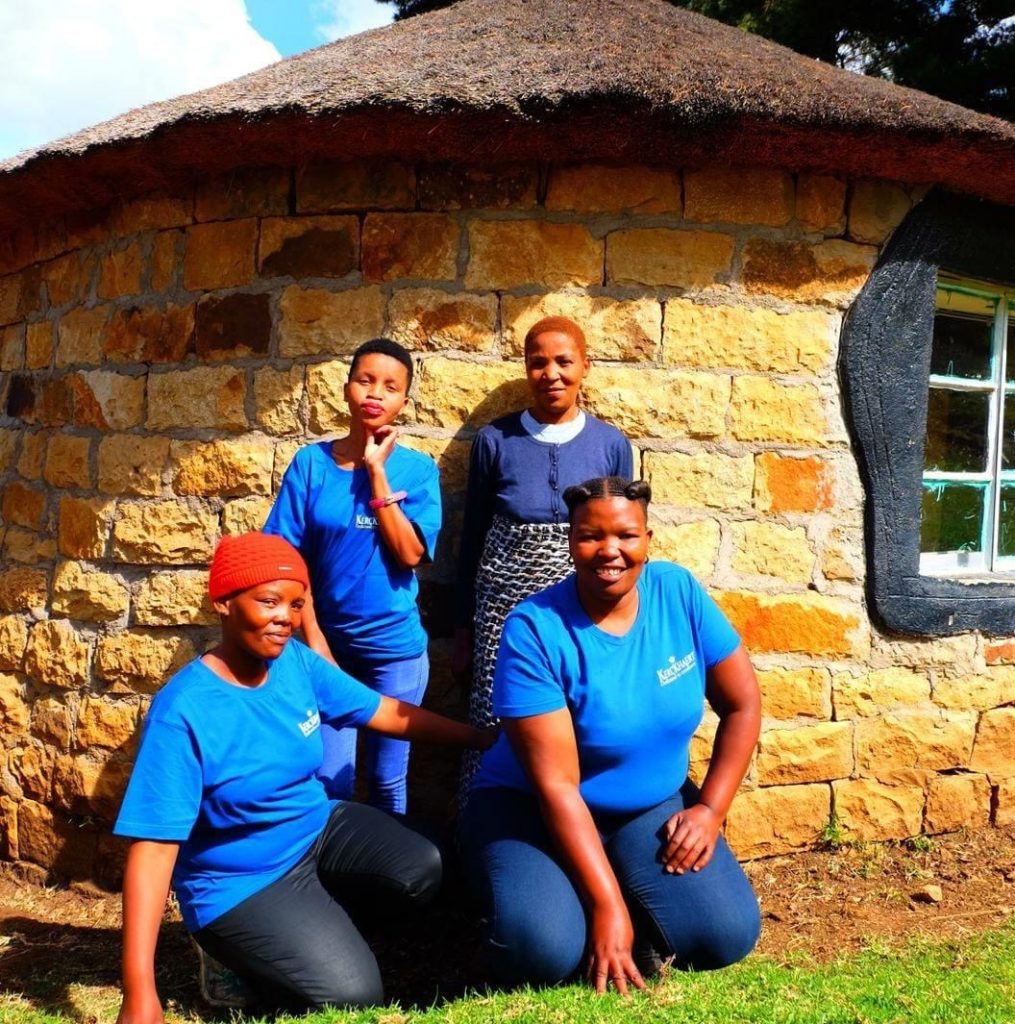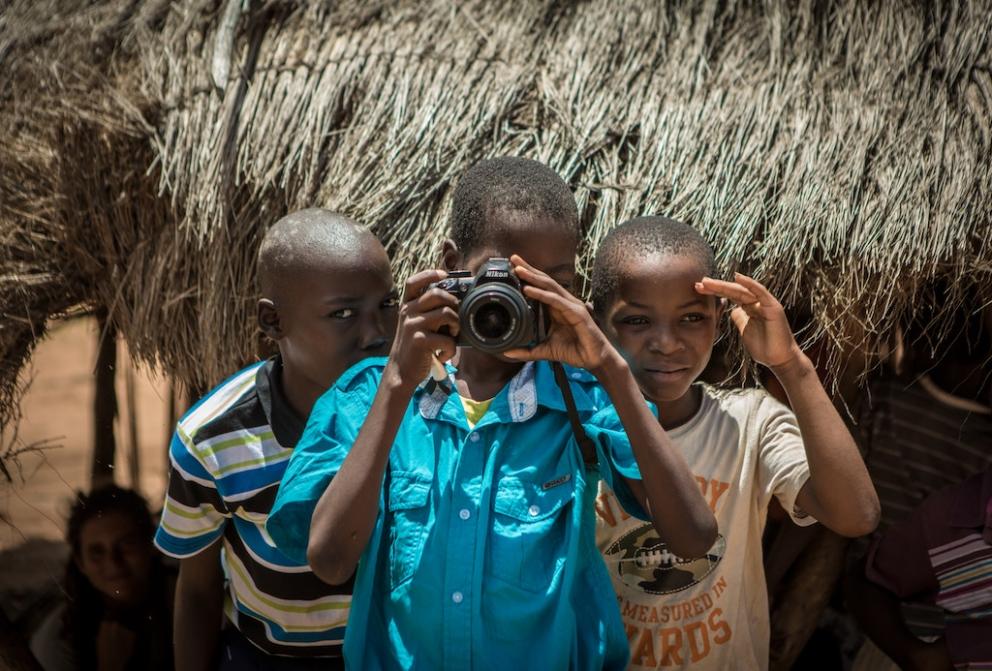The United Nations provides annual statistics on the global ratio of women to men under several categories including population, health, women and men in families, education, work and political decision making.
The statistics seek to highlight and monitor the growth and progress of women around the globe in the wake of gender equality and gender parity.
According to the United Nations, the average global sex ratio in 2018 is 101.783 to 100. It means that there are 101,783 males for every 100,000 females.
Only 12 countries have a sex ratio of fewer than 90.0 men to 100 women and 37 countries have less than 95.0 men to 100 women. There are more females than males in 128 countries. 160 countries have a better sex ratio than the world average.
Here are 5 African countries with high female to male gender ratio.

Kingdom of Eswatini
The Kingdom of Eswatini formerly called Swaziland is a country in Southern Africa. It is a developing country facing major health issues. With a low life expectancy at 58 years, its population is fairly young. According to the World Population Review, its total population is 1,148,130 and 50.98% of which is female. Its female to male ratio is 106.375 per 100 men.

Lesotho
A scenic land of tall mountains and narrow valleys, Lesotho owes a long history of political autonomy to the mountains that surround it and protects it from encroachment. It is ranked 31st in the world and 2nd in Africa with a female to male ratio of 106.182 to 100 men. 50.8% of the country’s population are women.

Namibia
Namibia is a small country in the south of Africa. Based on the latest United Nations estimates, Namibia has a population of 2,642,907 as of July 2019. They are ranked 33rd in the world’s female to male ratio index: 105.776 women to 100 men.

Mozambique
The country’s population of around 30 million has women making 51.44% of the population against the men, 48.56%. Mozambique is one of the biggest countries in Southern Africa. According to statistics, the female to male ratio is 105.051 to 100 men.

Angola
Angola is located in South-Central Africa. It is the seventh-largest country in Africa. With a vast mineral and petroleum reserves and a booming economy, standard of living remains low for the majority of the population.
As of 2015, male to female ratio for Angola was 97.86 males per 100 females. Between 1970 and 2015, male to female ratio of Angola declined at a moderate rate to shrink from 106.56 males per 100 females in 1970 to 97.82 males per 100 females in 2015. However, in 2018, the female to male sex ratio increased slightly with 104.044 females to 100 males.



